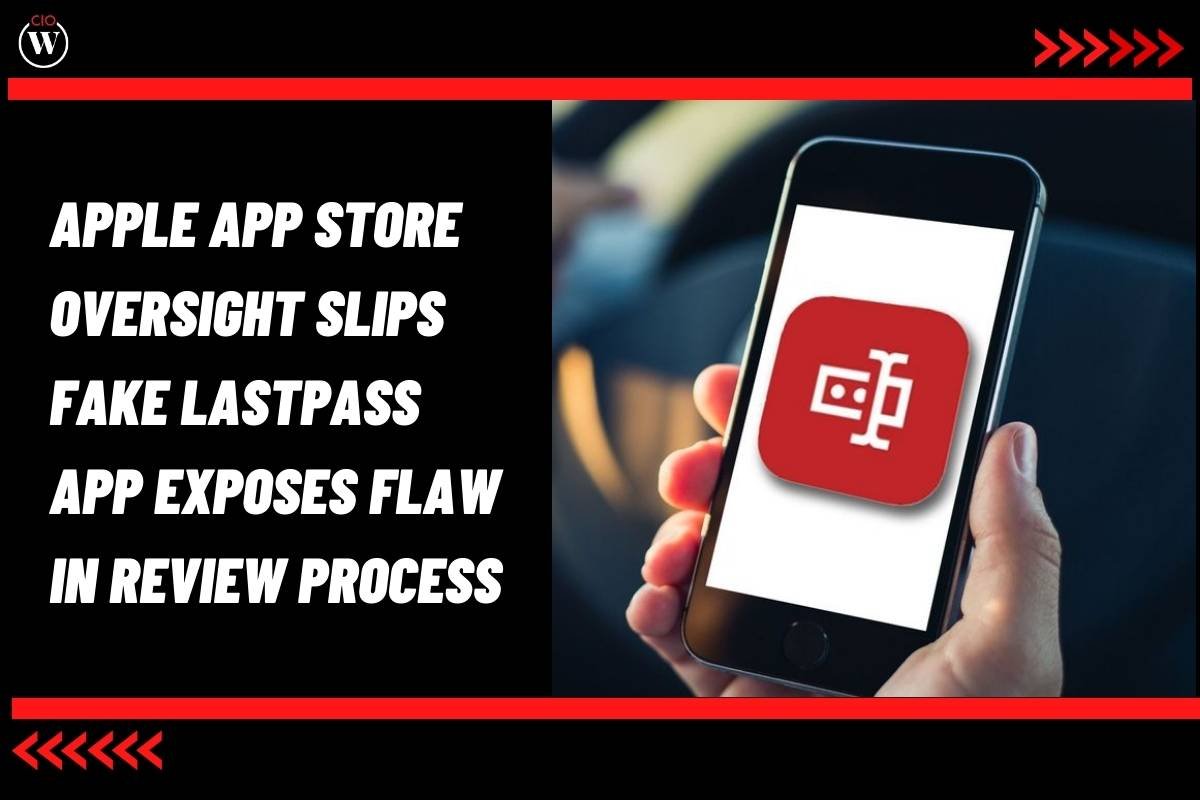Source – TechRadar
Apple’s stringent App Store review process, known for its meticulous scrutiny, faced an embarrassing lapse recently as a fraudulent LastPass app managed to slip through its defenses. Typically, companies often need to adjust features or make modifications to meet Apple’s approval criteria. However, this imposter LastPass app not only passed the review but remained accessible on the App Store for weeks before being identified and removed, raising questions about the effectiveness of Apple’s oversight.
LastPass, a popular password management service, took to its website to warn users about the imposter app. The fake LastPass app, posing as the legitimate one, had a crucial discrepancy in its developer information. Instead of correctly attributing the app to LastPass parent company, LogMeIn, it listed an individual named “Parvati Patel” as the developer. LastPass emphasized that the fraudulent app attempted to mimic its branding and user interface, with subtle misspellings like “LassPass Password Manager” instead of the correct “LastPass Password Manager,” revealing its deceptive nature.
Section 2: The Aftermath and Uncertain Impact
Upon discovering the imposter app, LastPass promptly contacted Apple to understand how the fake LastPass app, titled “LassPass Password Manager,” bypassed the usually stringent review process. While Apple has not disclosed details publicly, it acknowledged the issue and removed the fraudulent app from the App Store. The extent of the scam’s impact remains uncertain at this point, leaving users and experts curious about the number of individuals who might have fallen victim to the deceptive application. Additionally, it is yet to be confirmed whether the fake app was a phishing attempt, a concern that adds another layer of complexity to the situation.
Section 3: Irony Amid App Store Policy Controversy
The timing of this App Store misstep is notably ironic, considering the recent controversy surrounding Apple’s app distribution policies. The company released new rules in response to the EU’s Digital Markets Act (DMA), aiming to give users the ability to download apps from alternative marketplaces outside of Apple’s control. However, these new policies received criticism from developers, including prominent figures like CEOs from Xbox, Epic Games, Spotify, and Meta’s Mark Zuckerberg.
Apple’s attempt to comply with the DMA, dubbed by some as “malicious compliance,” resulted in creating DMA-compliant rules for alternative marketplaces, potentially leading developers to pay more than if they released their apps through the official App Store.
The irony lies in Apple’s initial opposition to the DMA, where it argued that its walled-garden approach protected users from potential threats. Yet, during this period, the fraudulent “LassPass Password Manager” app was already available on the official App Store. This incident underscores the challenges and contradictions Apple faces in maintaining its curated ecosystem while adapting to regulatory changes in the digital marketplace.









